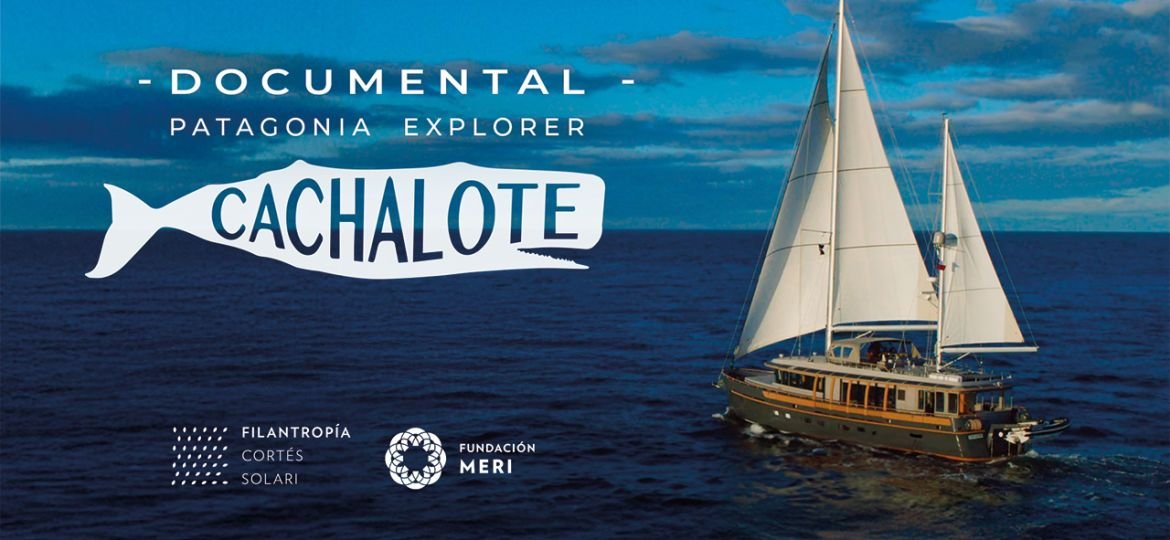The surroundings of the Chiloé Archipelago and the Gulf of Corcovado are an important feeding and breeding area for large cetaceans. During the summer season, the food is more abundant and the weather conditions facilitate navigation, so there are more chances to spot whales; a great tourist attraction for the visitors and inhabitants of Chiloé.
However, whales and other cetaceans are affected by physical pollution (composed
mainly of plastic waste), collision with vessels, bad practices in recreational watching, among other threats. In order to reduce these threats, every summer the MERI Foundation performs various dissemination activities and shares with the local community, visitors and captains of tourist boats good environmental practices that we can integrate into our daily life as well as when navigating the feeding and breeding area of whales.
Some of the activities that make up the campaign are: talks open to the public or at private institutions, dissemination of information in strategic areas with a high concentration of tourists, delivery of information to boats, stands at traditional fairs, meetings between the local community and scientists, among other.




